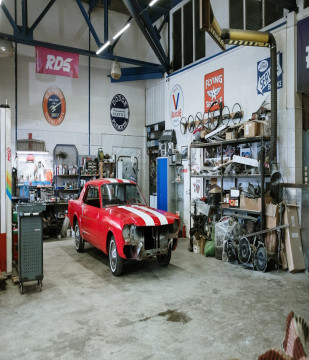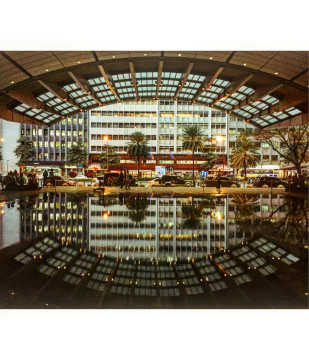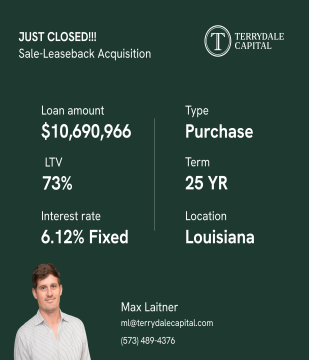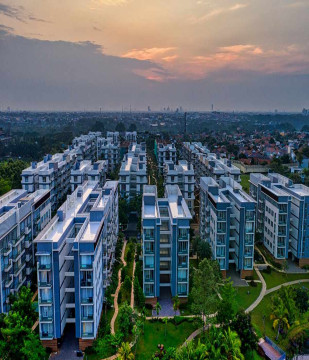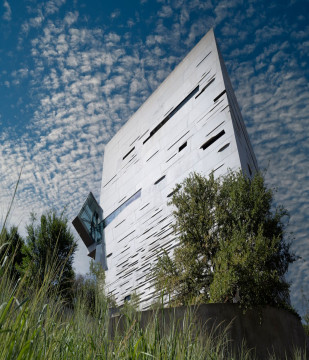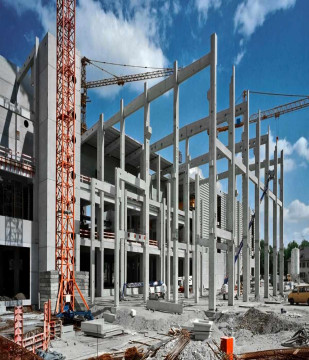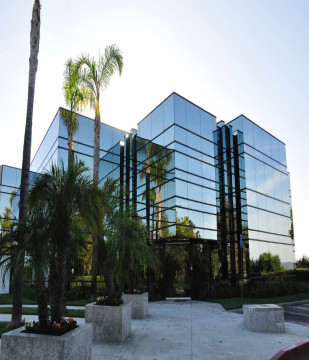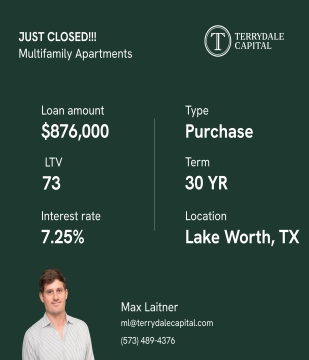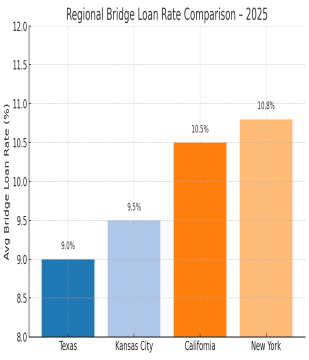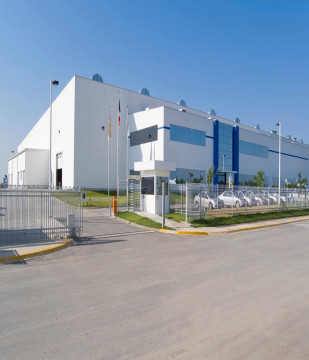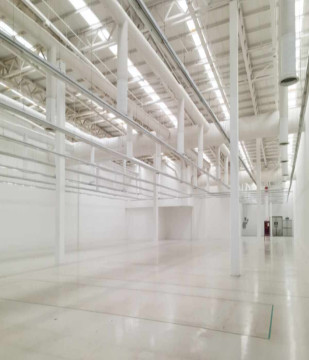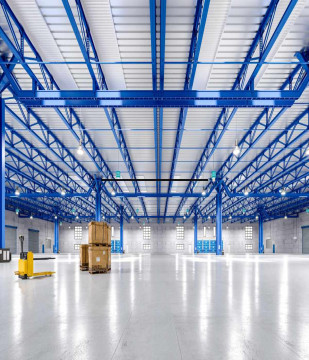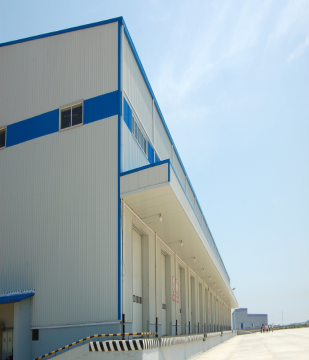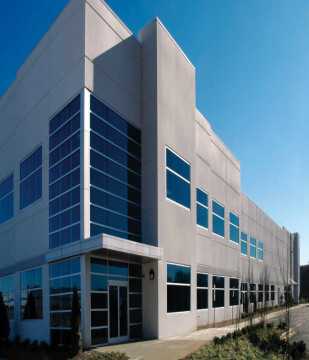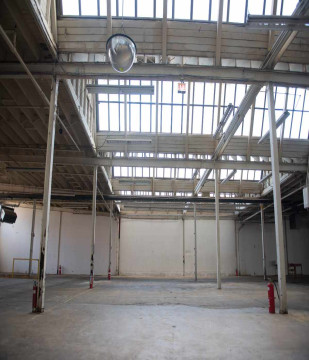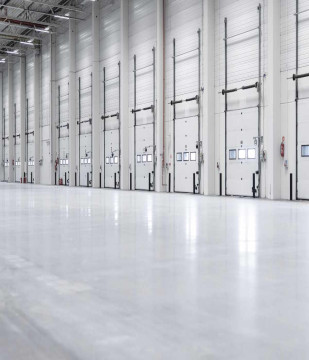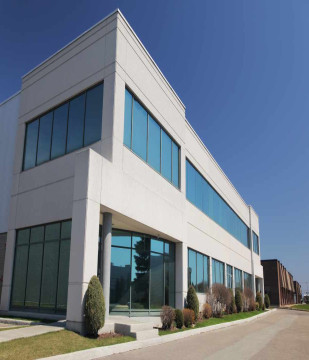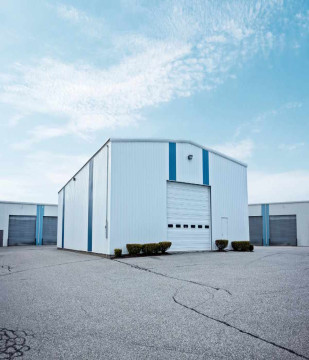Agency vs Non-Agency Commercial Real Estate Loans — Dallas-Fort Worth Playbook

Terrydale Capital
Oct 29, 2025 9 Min read
 Learn
Learn
Agency vs Non-Agency Commercial Real Estate Loans: A Practical Dallas-Fort Worth Playbook
Deciding between agency and non-agency loans is one of the first — and most important — choices a commercial real estate investor in Dallas-Fort Worth will make. The choice shapes cash flow, risk, exit strategy, and whether a deal actually closes. This guide explains the two loan types in plain language, shows how they apply in Dallas, and gives a short checklist you can use at the deal table.
What Dallas investors need to know about agency loans
Agency loans are programs tied to government-sponsored enterprises or federal agencies. For commercial real estate in DFW, the most relevant players are:
Fannie Mae and Freddie Mac — major sources of permanent financing for multifamily (apartment) properties. They offer long-term fixed and adjustable products for stabilized assets and small balance programs.
HUD / FHA — insurance for multifamily development, preservation and rehab. HUD loans are common for larger apartments and affordable housing projects.
SBA (Small Business Administration) — 7(a) and 504 loans mainly finance owner-occupied commercial buildings for small businesses.
VA and USDA — mostly single-family and rural programs; occasionally relevant to small, specialized projects.
Why agency loans matter in Dallas
Agency debt usually delivers lower rates, longer amortization and predictable underwriting. That makes it attractive for stabilized multifamily in Plano, Frisco, Garland or McKinney — places with steady rent rolls and predictable markets.
Example: A sponsor buys a stabilized 180-unit complex in Plano. Fannie Mae permanent financing gives a 10–30 year fixed rate, steady payment structure, and underwriting suited to buy-and-hold investors.
What non-agency loans look like in DFW
Non-agency loans come from private and institutional lenders: banks, life companies, CMBS issuers, regional lenders, bridge funds, mezzanine lenders and private equity. These loans are not guaranteed by a government entity.
Common forms:
Life company and bank permanent loans — low rates for conservative, stabilized assets.
CMBS (Commercial Mortgage-Backed Securities) — conduit loans sold to investors with strict covenants.
Bridge and construction loans — short term for rehabs and ground-up construction.
Mezzanine debt and preferred equity — fills capital stack gaps but costs more.
Hard-money/private equity — fast closings and flexible underwriting for higher risk.
Why non-agency loans often win deals
Non-agency lenders handle a wider range of property types (office, industrial, retail, value-add multifamily) and can structure creative solutions: interest-only periods, higher leverage, or layered financing for a rehab.
Example: A value-add play in Downtown Dallas — 60% leased Class B office — needs a 12-18 month rehab. A bridge lender closes fast and pairs with mezzanine capital so the sponsor can renovate and lease up.
Side-by-side: how agency and non-agency differ
Backing and risk
Agency: Government-sponsored or insured, which lowers lender risk and often borrower cost.
Non-Agency: No government backing; risk is priced privately.
Best fits
Agency: Stabilized multifamily, owner-occupied small commercial (SBA).
Non-Agency: Office, industrial, retail, value-add multifamily, construction.
Terms and rates
Agency: Predictable, longer amortizations, lower rates for comparable risk.
Non-Agency: Wide range — life companies can be cheap for stabilized assets; bridge and hard money cost more but are flexible.
Speed and documentation
Agency: Standardized underwriting; efficient when the sponsor matches the product.
Non-Agency: Can close faster and tailor terms, but covenants and documentation vary by lender.
Dallas-area financing scenarios (realistic matchups)
150-unit apartment, Garland — buy-and-hold
Best match: Fannie/Freddie multifamily programs for long term, fixed financing.
Owner-occupied retail, Irving — small business purchase
Best match: SBA 7(a) or 504 to preserve cash and extend amortization.
Industrial park rehab, Fort Worth — value-add
Best match: Private bridge loan + mezzanine to cover higher leverage during lease-up.
Spec warehouse, Grand Prairie — ground-up construction
Best match: Construction loan from a regional bank, with plan to refinance to life company or permanent lender after stabilization.
Office conversion, Downtown Dallas — reposition to mixed-use
Best match: Short-term construction/bridge financing then refinance to a permanent lender once stabilized.
Each matchup shows a common pattern: agency = stability and scale; non-agency = speed and flexibility.
Quick checklist: choose the right loan for your Dallas deal
Ask these at the start of underwriting:
Is the property stabilized or value-add/under construction? (Stabilized → agency/life company; value-add → bridge/private.)
How fast do you need to close? (Fast → private/bridge.)
Do you need long amortization for cash flow? (Yes → agency/life.)
Is the property owner-occupied? (Yes → consider SBA.)
What’s your exit timeline? (Short hold → bridge; long hold → permanent agency.)
Will the sponsor accept recourse or carve-outs? (Agency loans often limit recourse.)
What DSCR and LTV can you realistically show? (Agency underwriting is predictable; private lenders may permit higher LTV at higher cost.)
Documents every Dallas lender will ask for
- Current rent roll and lease abstracts
- Last 2–3 years of P&L and tax returns
- Pro forma and business plan for value-add deals
- Phase I environmental report (and Phase II if triggered)
- Appraisal or broker opinion of value
- Title report and survey
Get these organized before you shop lenders — it speeds offers and reduces surprises.
Working with a local financing partner in DFW
Local advisors know submarkets: Uptown, Oak Lawn, Las Colinas, AllianceTexas, Frisco-Plano corridors. They know which lenders underwrite which product, who closes quickly, and who’ll back a conversion or value-add plan. A local partner saves time and cost.
Terrydale Capital specializes in financing flex space industrial projects across Dallas, McKinney, Prosper, and DFW. Their team provides tailored solutions, helping investors secure industrial loans, construction loans, and bridge loans efficiently.
With expert guidance from Terrydale Capital, you can navigate the complexities of industrial property financing and turn your project vision into a profitable reality.
For more information and to start your financing journey, visit Terrydale Capital.
Partner With Terrydale Capital for Your Debt Financing Needs
When it comes to debt financing, understanding the right timing, process, and options is crucial. At Terrydale Capital, we provide a comprehensive range of commercial loan solutions tailored to meet your business's unique needs.


